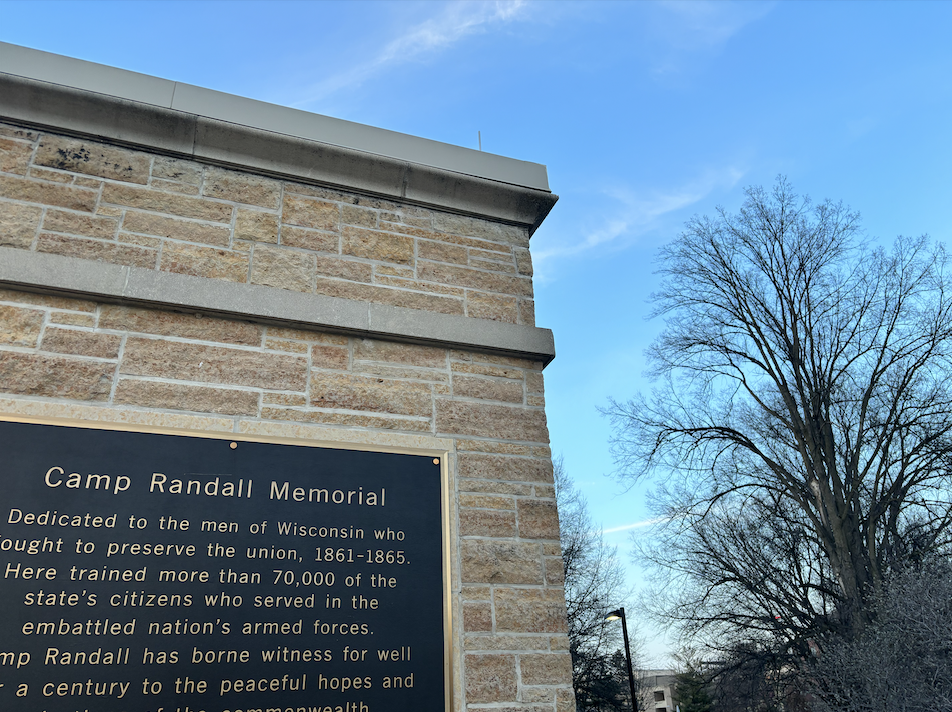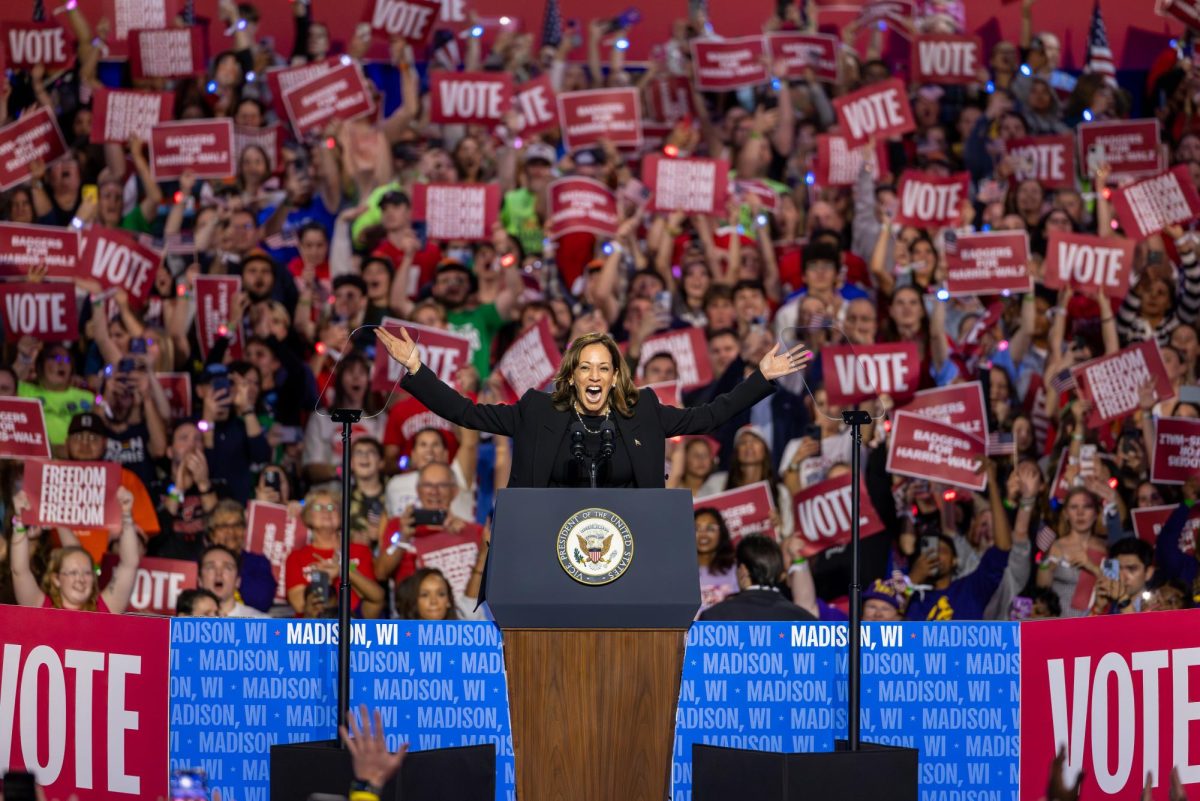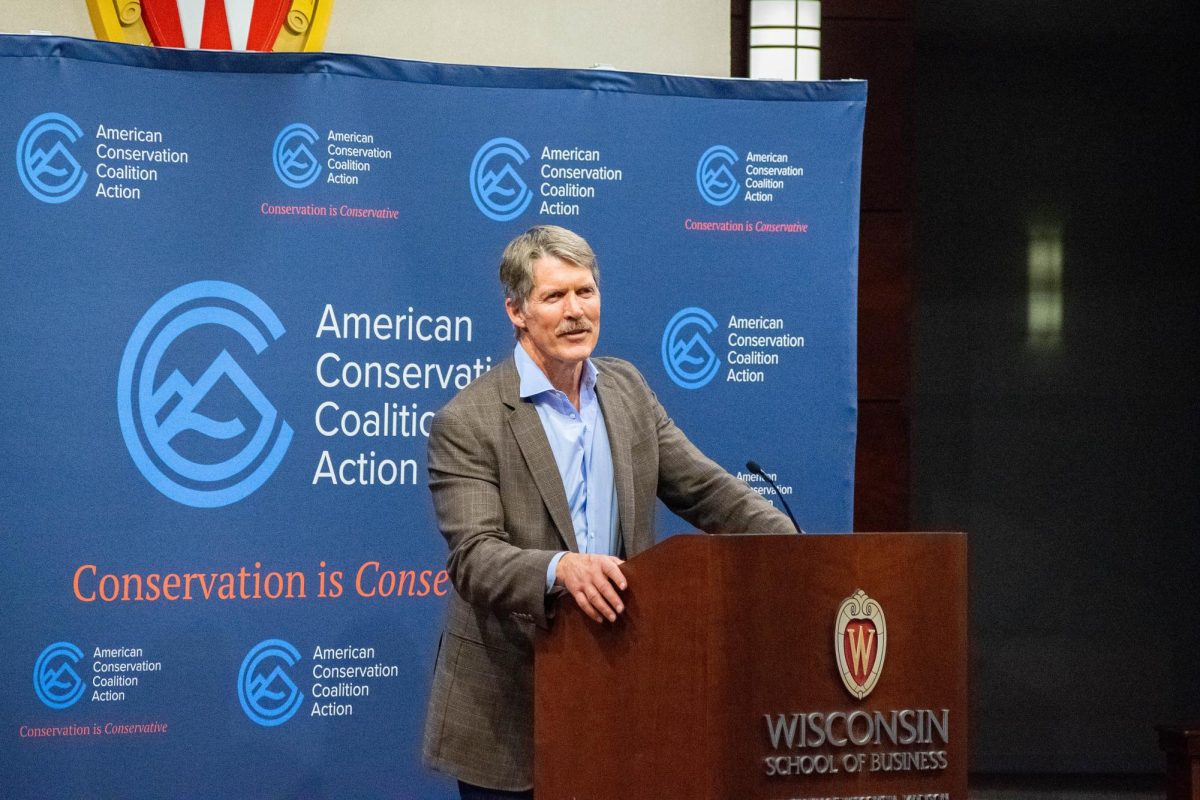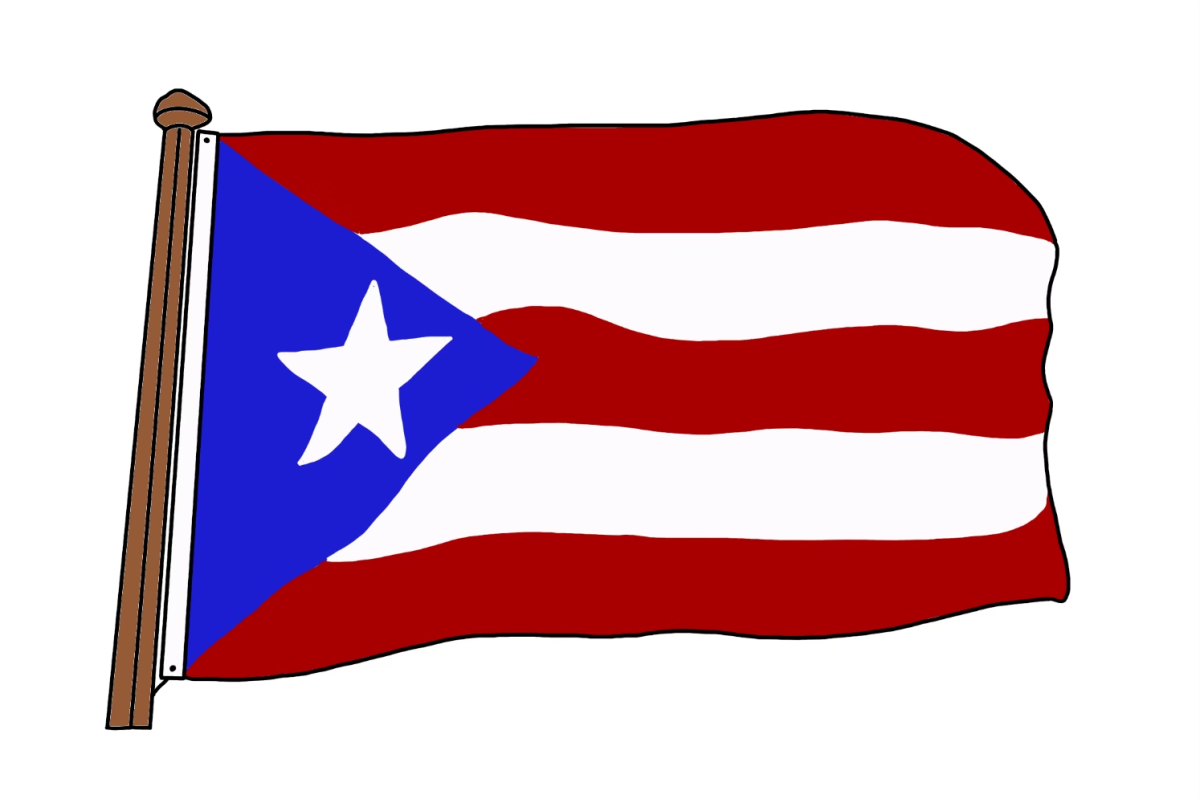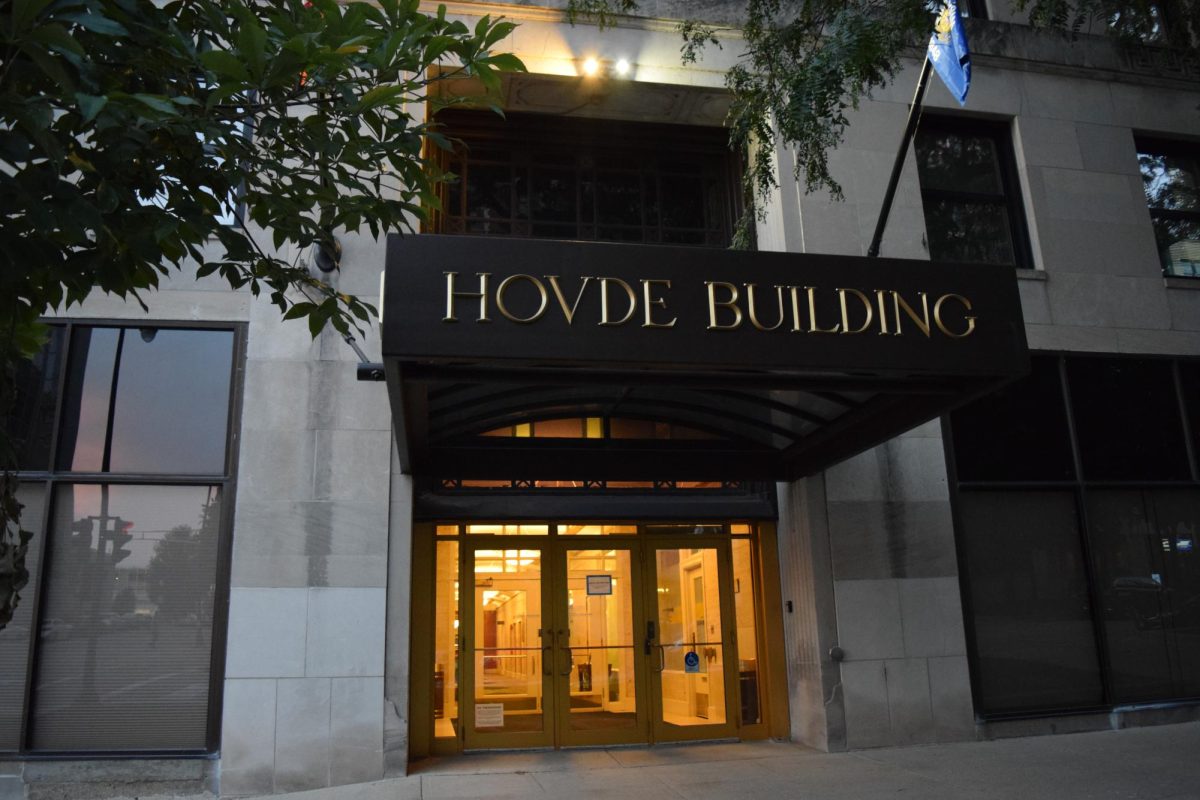A bill that would exempt members of the U.S. Armed Forces and veterans from paying application fees for University of Wisconsin System schools and technical colleges passed 96-2 in the Wisconsin State Assembly Feb. 20.
AB 91 and its counterpart, which is currently under review by the Wisconsin State Senate, SB 94, make the UW System more attractive to veterans, UW–Madison Student Veterans of America President Abygail Boyle said.
Boyle enrolled at UW in 2019, before enlisting in the U.S. Air National Guard, returning this year as a sophomore to study civil engineering and Russian.
The bill is a small step towards making UW–Madison more “veteran-centric,” lowering the barrier to entry for students who are already more likely to struggle with adjusting to student life, Boyle said.
“For veterans, it’s all about overcoming hurdle after hurdle after hurdle when going to school or coming back to school,” Boyle said.
A recent study released by VETWAYS, a research group from the Wisconsin Center for Education Research, found that despite being the largest growing population of nontraditional students in the U.S., current and former armed forces members are more likely to have a disability, be low-income or first-generation students and struggle to feel community connection on campus than their traditional counterparts.
The study recommended that universities increase the quality and accessibility of veterans services, and said their success in college is “critical to public interests.”
Planned Parenthood urges Wisconsin Supreme Court to overturn 1849 abortion ban
SVA has been pushing for a community space near Camp Randall to improve outcomes for student veterans at UW–Madison, according to previous reporting from The Badger Herald. But, a recent deal between the UW Board of Regents and the Wisconsin State Legislature may compromise this goal, authorizing the construction of a new sports facility at Camp Randall Veterans Park, where the community space was meant to be built, UW–Madison PhD student and retired U.S. Air Force Officer Jim Gingras said. The UW Board of Regents now must present a plan to honor veterans to the Wisconsin Board of Veterans Affairs by June 30.
Despite this, AB 91 is catching the UW System up with other Big Ten schools — including the University of Michigan and Purdue University — that have already implemented fee exemptions or waivers for current and former military members, Gingras said.
UW–Madison, UW–Eau Claire and UW–La Crosse were not included in last month’s decision by the UW Board of Regents to eliminate application fees for all applicants, according to previous reporting from The Badger Herald. The application fee is $70 at UW–Madison and $25 at the other universities. The new policy was implemented in order to increase access and affordability in the UW System, Mark Pitsch said in an email statement to The Badger Herald.
Gringas said if the UW System is looking to increase student veteran applicants, the elimination of the application fee will help accomplish that goal.
“It will become sort of this self fulfilling prophecy, in that you reduce the fee and you’re going to increase [the number of veteran applicants],” Gingras said.
AB 91 is a step in the right direction, but it is an unfunded mandate, meaning UW System schools will have to “pick up the tab” for lost revenue, Gingras said. Though the numbers of veteran or enlisted applicants at UW System schools isn’t recorded, the bill’s fiscal estimate predicts around $55,000 in lost revenue annually if the bill becomes law.
Despite the marginal loss in revenue, financial incentives like application fee exemptions make a difference for veterans looking for a place to move after enlistment, Gingras said.
Gingras previously testified before the Wisconsin State Assembly Committee on Veterans and Military Affairs, vouching for reprieve from state income tax on military retirement payments as a motivator in his decision to retire and move to Wisconsin.
Gingras said Wisconsin focuses on veteran support programs because veterans tend to be good citizens and contribute positively to the economy.
In 2022, researchers from UW–Milwaukee found that veteran-owned businesses contribute around $12 billion annually to the Wisconsin economy and employ 2.6% of the state’s workforce.
But, the report also found that in 2019, only 23% of veterans in Wisconsin held a bachelor’s degree or higher compared to 31% for their civilian counterparts.
Gingras said the elimination of the application fee at UW System schools is one more benefit for veterans pursuing higher education, working in conjunction with other actions taken to support student veterans, like federal and state GI bills that cover tuition costs.
Boyle said if passed, the bill will streamline the application process and lower barriers to entry for veterans in higher education from undergrad to PhD programs, increasing the veteran student population and enriching the campus environment.
“It’ll just be better overall for both parties,” Boyle said. “Veterans bring such a vast difference of experience from all different walks of life, and bringing that experience to the classroom … just increases the likelihood of veterans choosing [Wisconsin] over somewhere else.”


